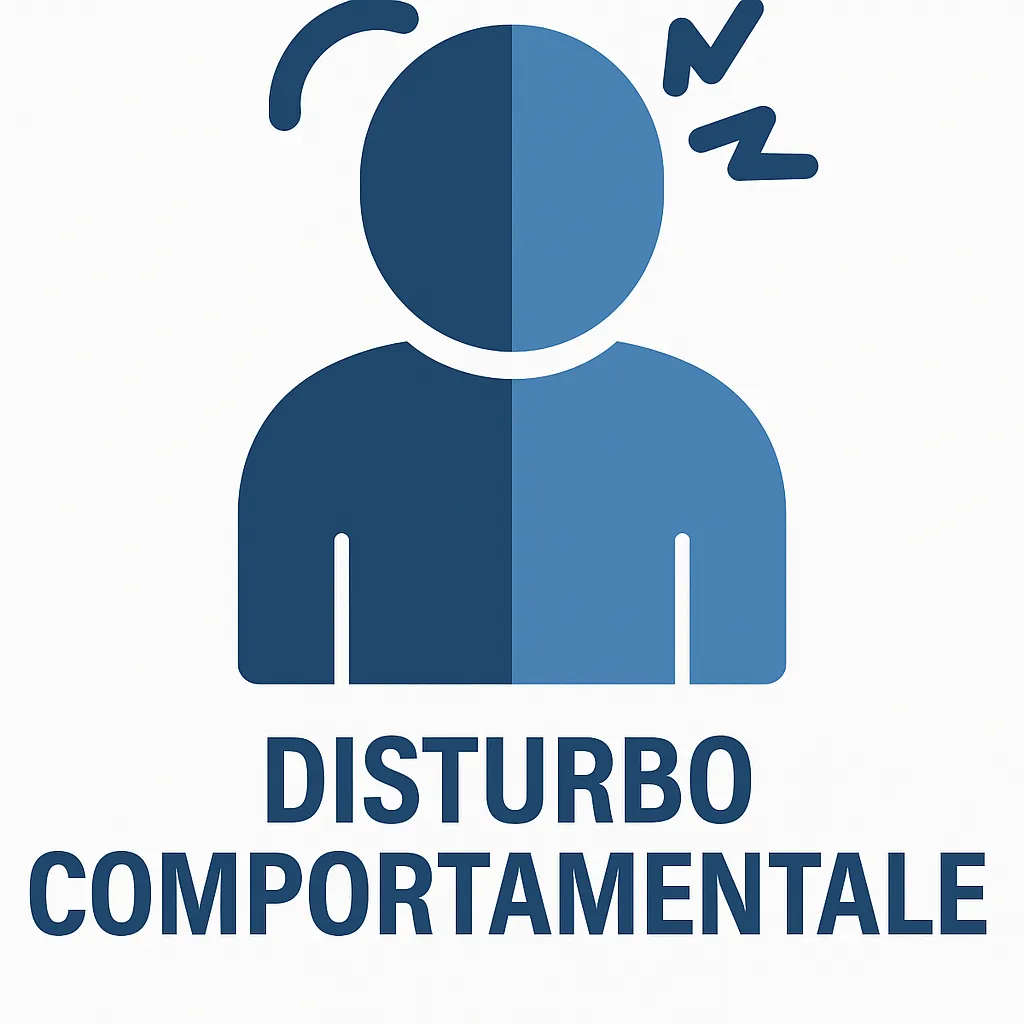
I think everyone has experienced impulsive behavior at some point in their lives. What does it mean exactly? What happens to a person when they engage in such behavior?
I think everyone has experienced impulsive behavior at some point in their lives. What does it mean exactly? What happens to a person when they engage in such behavior?
When we talk about impulse, we effectively mean a non-rational desire, a desire that knows no limits or restraints of any kind to perform an action, to realize a thought, a desire without rationally evaluating whether what we're about to do is right or wrong or carries possible consequences.
It often occurs following a stimulus from the outside world, to which we tend to react by implementing a response that is quick, sudden, and in some cases immediate.
When we talk about impulsiveness in general, it's good to be specific. We're dealing with a personality trait that doesn't always have a negative connotation.
We can also say that people with a personality profile characterized by an impulsive approach to decision-making may also have distinctive character traits that represent an advantage in some ways. Let's see which ones:
- We may find ourselves in the presence of people who are brilliant;
- They are individuals who are very quick at making decisions;
- They may have a way of approaching things that isn't the standard we know;
- They are individuals who have a certain degree of dynamism;
- They are people who possess a certain degree of originality;
- They are people characterized by a character profile based on spontaneity;
- They have a good level of personal intuition;
- They have the ability, compared to others, to adapt to change;
- In the workplace and in life in general, they have a good degree of flexibility.
However, having a dose of personal impulsiveness is not always a positive factor. As with everything, there is always a different side to the coin that doesn't always correspond to a positive value.
In fact, an impulsive person may experience problems in their relationships and even in their personal lives.
The unwritten rule always applies: crossing a certain limit is never positive. When we talk about limits, we're referring to that very fine line that distinguishes normal and acceptable behavior from behavior that has a different meaning and is pathological.
When analyzing this concept, it's very important to understand that being impulsive also means knowing how to react appropriately to a problematic situation that suddenly presents itself, without having had time to think and rationally evaluate all the possible scenarios available to us to resolve it.
The negative connotation of such behavior is expressed in a person who, faced with any problem, faced with any life situation, always adopts the same behavior. In this sense, it becomes a problematic personality trait. Its negative connotation manifests itself when the rational side is never used.
When faced with any problem, the individual always uses the same approach, engaging in behavior that never considers the potential consequences. From this perspective, we can provide some concrete examples:
- Responding in an altered and unfiltered manner to a tense conversation could lead to subsequent negative consequences;
- Driving in a city or town without respecting speed limits;
- During an important meeting, not thinking before responding.
Precisely because of what we've discussed so far, it may become necessary to learn to manage this impulsive nature of ours. Therefore, the individual must be able to evolve, moving from a phase in which impulse dominates their actions to a phase in which they begin to evaluate the potential consequences of their impulsive actions.
Are there some basic strategies you can adopt that might help someone learn to manage their impulsiveness? Yes, let's see what they are:
- If you're in a meeting at work, it's a good idea to count to 10 before speaking, thus curbing your impulsiveness.
- If it's a decision that takes time, it's a good idea to try to calm that uncontrollable impulse and begin building alternative decision-making scenarios that also take into account the possible consequences that could arise.
- Reflect on the fact that if it's a decision that also affects the lives of loved ones, it's best to first discuss it with the person to decide which is the best choice.
- Learn to evaluate multiple decision-making scenarios to the point of having multiple options available and then decide how to proceed based on those options (choose based on a cost-benefit analysis).
In practice, what a person who knows they generally exhibit impulsive behavior must do is find a useful strategy that allows them to put the decision-making process on hold, allowing them to evaluate a decision that is more appropriate to the problem they need to solve.
An impulsive person is someone with a specific problem. Their actions are so immediate, so reactive, perhaps in response to an external stimulus, that they don't consider the possible consequences.
If this behavior determines every aspect of a person's life, they lose the ability to choose when they feel it's best to act in a certain way.
So they tend to simply act, knowing that in many cases they will later regret the decision they made and realize it wasn't the right one to implement.
Indeed, it's important to consider the fact that while impulsive action may seem like the best approach in the short term—it's also a kind of outlet that reduces stress, tension, and bad moods—in the long run, it leads the individual to feel guilty because they realize that the choice they made wasn't the right one.
It's also important to consider the fact that having an impulsive approach can also harm oneself, especially if it involves behaviors that tend to lead to self-destructive behaviors. Consider, for a moment, excesses such as uncontrolled drug use.
Having a very active and lively sexual relationship with multiple partners without worrying about using contraception and thus protecting oneself from sexually transmitted diseases.
Having a lifestyle based on compulsive shopping without any restraints can become a problem in managing one's daily budget.
Therefore, if the individual tends to reiterate impulsive behavior over time without any inhibition and regulates their lifestyle solely based on it, they may be suffering from rather serious psychological disorders such as bipolar disorder and borderline personality disorder.
In this case, it would be advisable to consult a psychotherapist to try to implement therapies to treat this problem.

No, in some cases impulsive behavior can be associated with intuition, originality, and adaptability.
Risks include aggressive responses, hasty decisions without evaluating consequences, and self-destructive actions.
It is helpful to count to 10 before reacting, reflect on alternative scenarios, and consult trusted people before deciding.
Yes, in some cases it may be a symptom present in disorders such as bipolar disorder or borderline personality disorder. More details are available in the FAQ on psychotic behavior.
Yes, in some contexts impulsiveness can foster creativity, spontaneity, and quick reactions.
More information can be found on Wikipedia and reliable scientific sources.